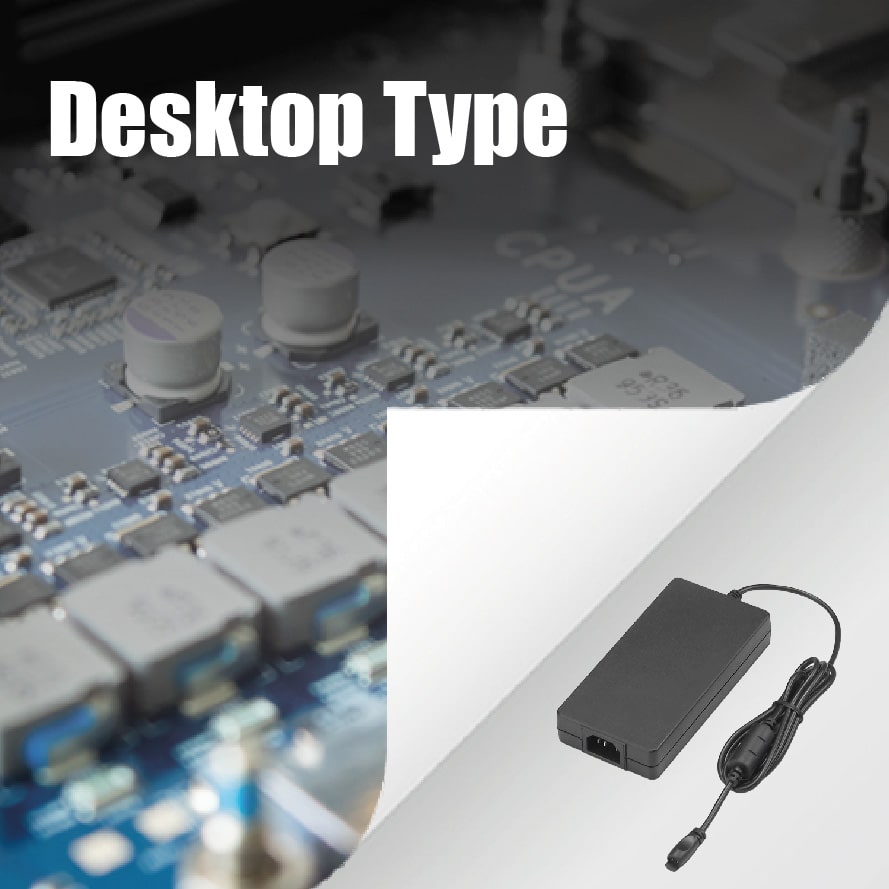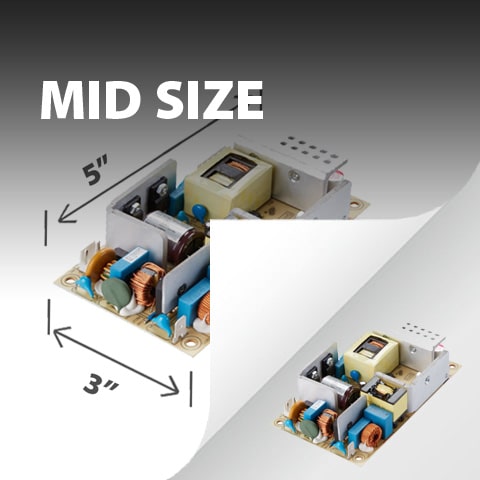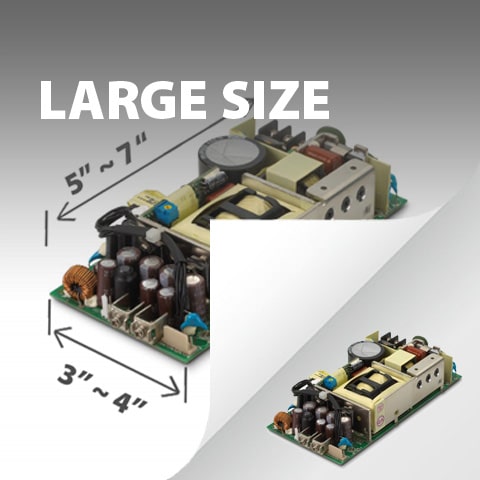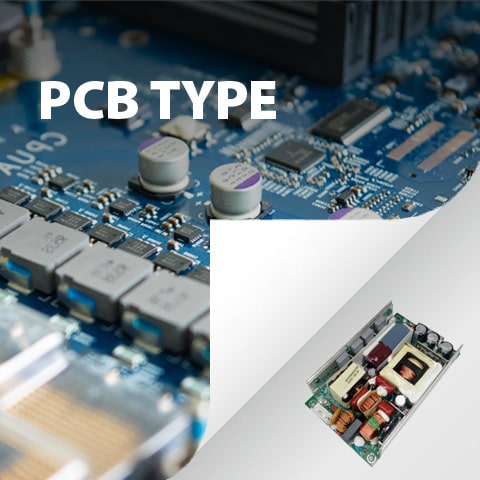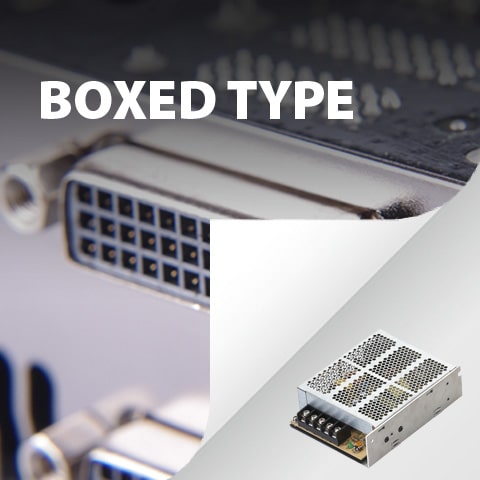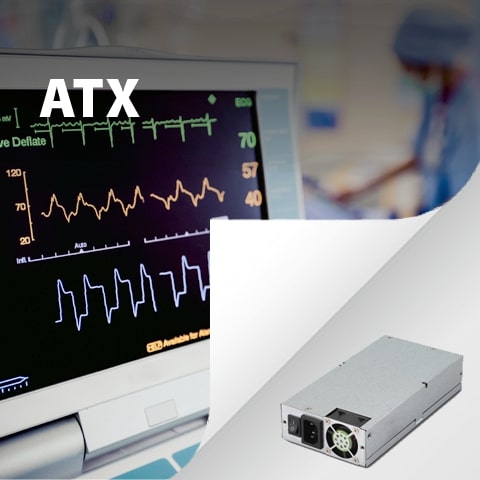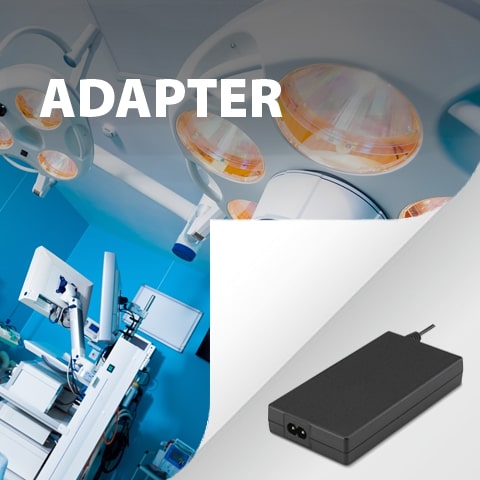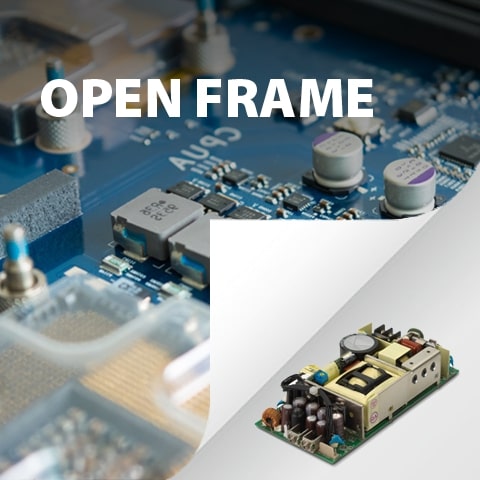AI in Healthcare: Key Applications and How to Choose the Right FSP Medical Power Supply
AI transforms healthcare. FSP power supplies ensure reliable, efficient performance for AI-driven medical innovations.
AI in Healthcare: Driving Precision, Efficiency, and Innovation
Artificial intelligence (AI) is transforming modern healthcare. With rapid advances in AI, hospitals and research institutions are applying intelligent technologies in diagnostic imaging, medical data analysis, and patient record systems. These innovations improve diagnostic accuracy, streamline workflows, and strengthen preventive care. As AI reshapes clinical processes, power reliability becomes mission-critical. FSP's medical-grade power supplies deliver stable, high-efficiency performance to support the next generation of AI-driven healthcare applications.
What is AI in Healthcare?
AI in healthcare refers to the application of artificial intelligence technologies to improve the efficiency and effectiveness of diagnosis, treatment, and patient management. Specifically, AI in healthcare includes using machine learning, deep learning, and natural language processing to analyze and process medical data, assisting doctors in making decisions, optimizing medical processes, and even enabling a certain degree of automated diagnosis and treatment.
AI in healthcare not only extends traditional medical technologies but also reduces the workload of doctors. According to a survey of primary care physicians in the U.S., nearly 75% believe that the application of information technology can reduce errors, and AI can automate 15% of healthcare tasks. For instance, about 48% of the tasks of medical device preparers can be handled by AI, while physicians across various specialties can reduce their workload by 2-12%1.
Application of AI in Healthcare
AI technologies have a wide range of applications in the medical field. Below are the key areas where AI in healthcare is currently being used:
Image-assisted diagnosis: AI has demonstrated excellent capabilities in medical imaging diagnosis. Through deep learning algorithms, AI can automatically analyze medical images (e.g., X-rays, CT scans, MRIs) and identify potential diseases. This technology is being applied to the early screening and diagnosis of lung cancer, breast cancer, brain tumors, and other diseases, significantly improving diagnostic accuracy and efficiency. For example, Google Health's AI system has achieved higher accuracy in breast cancer screening than human radiologists2.
Personalized medicine: AI can process large amounts of genetic data, helping doctors create personalized treatment plans for patients. By analyzing a patient's genome, AI can predict negative reactions to certain medications, guiding doctors to choose the most suitable treatment, which is especially crucial in cancer treatment3.
Electronic medical records management: AI technology can be applied to electronic health record (EHR) management, automating the processing of patient data. It can also use natural language processing to automatically generate and organize medical records, reducing doctors' workload and increasing the efficiency of medical record management.
Medical big data analysis: AI can analyze massive medical data, including clinical trial data, medical records, and insurance data, to uncover potential health trends and risk factors. This aids medical institutions and governments in creating public health policies and advancing medical research.
The Role of Power Systems in AI Healthcare
In the application of AI healthcare, the stability and reliability of power systems are critical. AI devices often need to process vast amounts of data and perform intensive calculations, requiring power systems that are more stable, efficient, and secure than those for consumer products. A stable and efficient power system ensures AI devices can operate continuously and provides stable power in emergencies, ensuring uninterrupted medical services.
Stable power supply: In medical environments, any power interruption can lead to serious consequences, especially when AI devices are processing medical images or performing real-time diagnostics. The stability of power is crucial in these scenarios. Reliable power systems ensure that equipment operates stably even during power fluctuations or short outages.
High-performance power management: AI devices require high computing power, which means they need high-power systems. Power systems must have flexible power adjustment capabilities to meet the demands of different devices in various applications.
Electromagnetic compatibility (EMC): Medical devices often operate alongside other electronic equipment, so medical power supplies must have good electromagnetic compatibility, reducing electromagnetic interference (EMI) to ensure the stable operation of multiple devices working together.
FSP Medical Power Solutions
Medical equipment demand extremely high power stability and safety, and medical power supplies are designed to meet these needs. By offering high reliability, electromagnetic compatibility, high performance, and safety, medical power supplies provide stable power for various medical devices.
FSP Power Solution GmbH offers three categories of AC/DC medical power supplies, including PC power supplies, adapters, and board-mounted power supplies. These power supplies are designed to meet international standards IEC 60601-1 and IEC 62368-1, and are certified by UL and TÜV. Our standard products cover PC power supplies from 220W to 1000W, adapters from 15W to 400W, and board-mounted power supplies from 60W to 1000W.
FSP's power supplies are widely used in a variety of medical devices, including ultrasound, X-ray machines, ECG monitors, displays, biochemical analyzers, surgical lighting, medical beds, and rehabilitation and physical therapy equipment, providing the most comprehensive system solutions.
FSP Power Solution GmbH's FAE Center and its RMA system hold ISO 9001+13483 certifications. We offer a variety of CLASS-I and CLASS-II standard medical power supplies and customizable solutions for a wide range of terminal applications.
1. Monitoring and diagnostic devices: Including ultrasound, X-ray, CT scanners, endoscopy, ophthalmology devices, and ECG monitors.
2. Therapeutic devices: Including respirators, oxygen concentrators, physical therapy devices, and home healthcare equipment.
3. Biochemical detection equipment: Including gene calculation devices, Da Vinci robotic-assisted devices, surgical lights, and medical beds.
If you have any power-related needs, feel free to contact FSP Power Solution GmbH. We will provide the most professional service and solutions, and offer the most complete product line for customers to choose from.
Source:
- James Anderson and E. Andrew Balas (17.07.2006). Computerization of Primary Care in the United States,
https://docs.lib.purdue.edu/cgi/viewcontent.cgi?article=1044&context=rche_rp - Shravya Shetty and Daniel Tse, M.D. (01.01.2020). Using AI to improve breast cancer screening
https://blog.google/technology/health/improving-breast-cancer-screening/ - Danh-Tai Hoang, Gal Dinstag, Leandro C. Hermida, Doreen S. Ben-Zvi, Efrat Elis, Katherine Caley, Sanju Sinha, Neelam Sinha, Christopher H. Dampier, Tuvik Beker, Kenneth Aldape, Ranit Aharonov, Eric A. Stone, and Eytan Ruppin (09.06.2022). Synthetic lethality-based prediction of cancer treatment response from histopathology images. https://www.biorxiv.org/content/biorxiv/early/2022/06/09/2022.06.07.495219.full.pdf
Related Articles
About FSP
FSP Group is one of the global leading power supply manufacturer. Since 1993, FSP Group has followed the management conception "service, profession, and innovation" to fulfill its responsibilities as a green energy resolution supplier.



